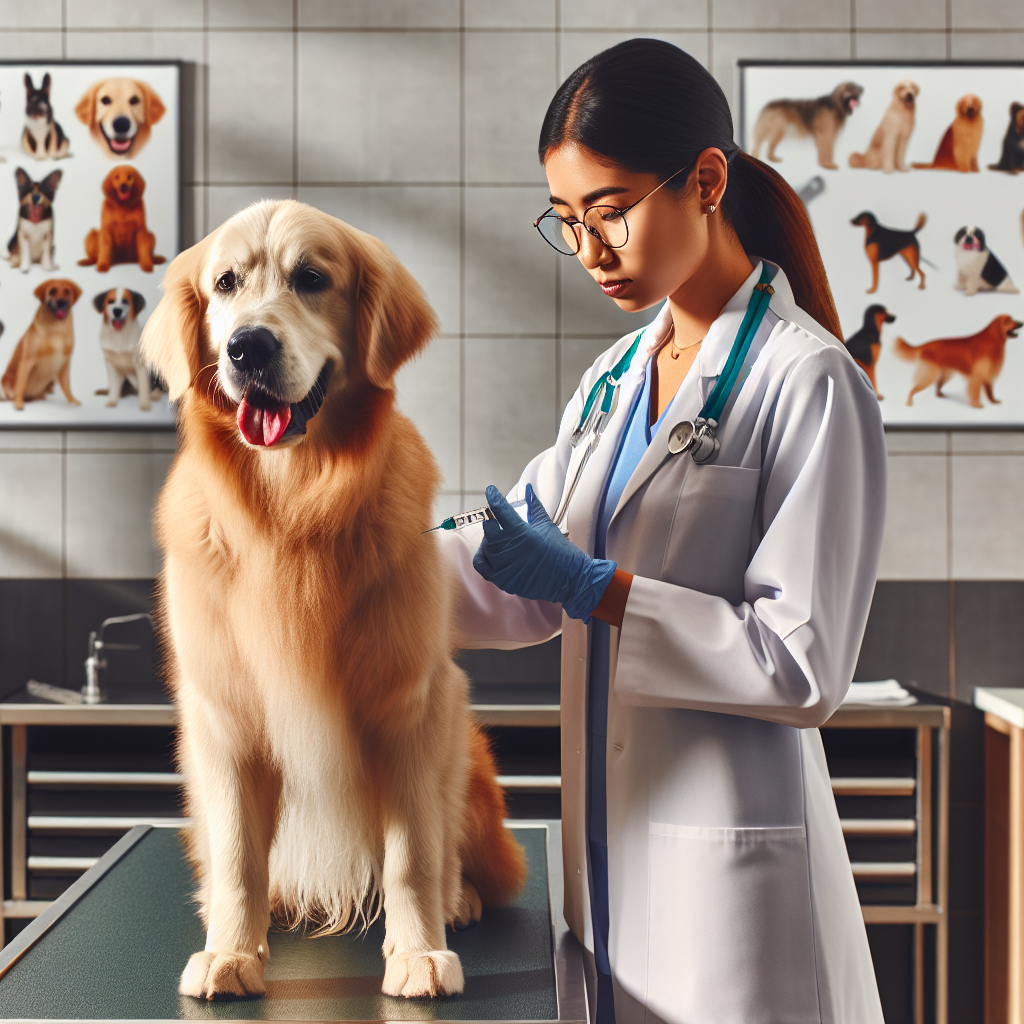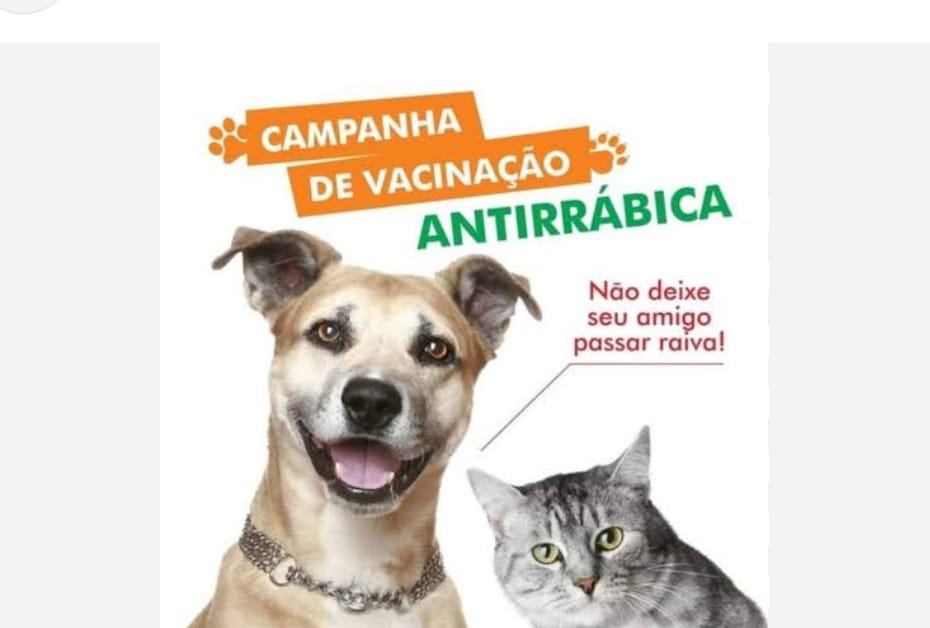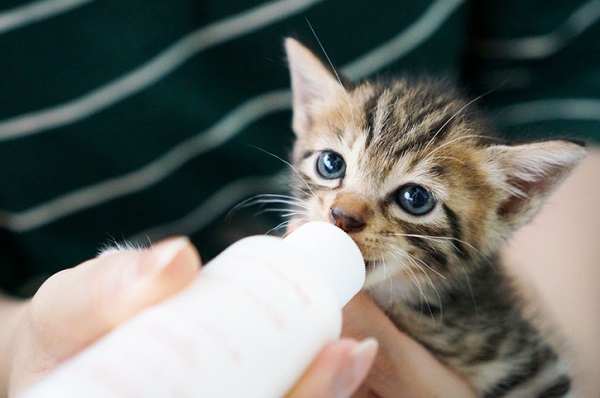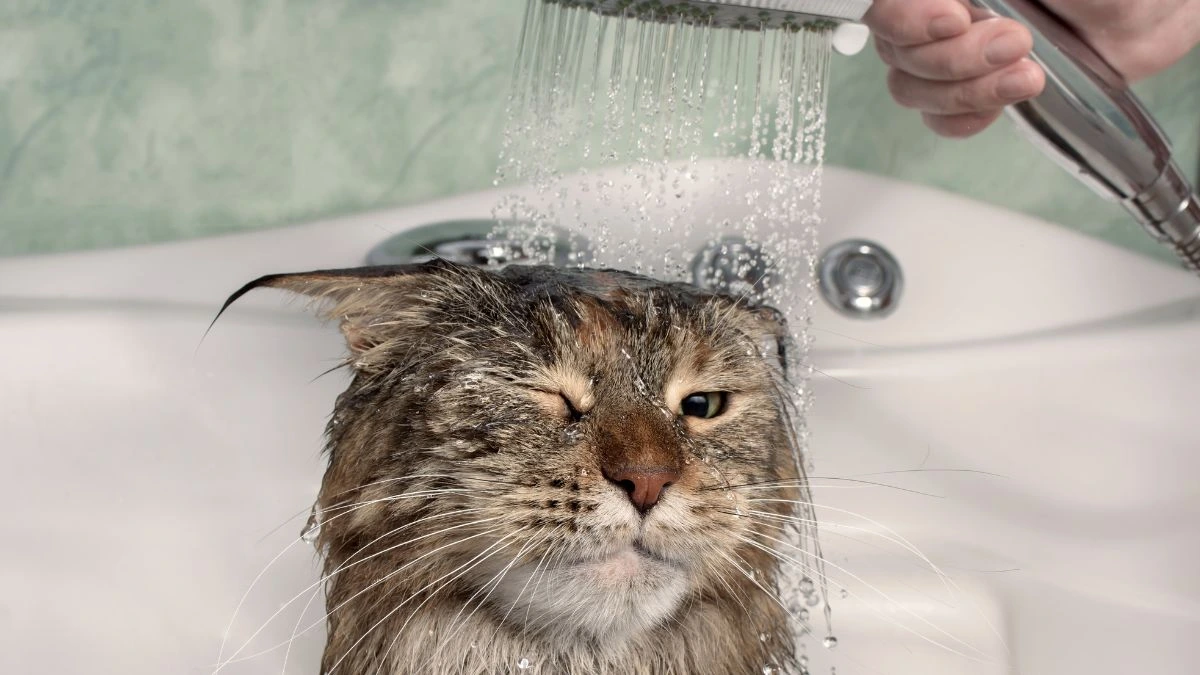🐾 A Importância de Manter a Vacinação do Seu Pet em Dia 🐶🐱💉
Proteja a Vida do Seu Melhor Amigo!
Ter um pet é uma das maiores alegrias da vida! 🥰 Eles nos trazem amor, felicidade, companheirismo e, muitas vezes, tornam-se parte da família. Mas, para garantir que nossos amigos de quatro patas fiquem saudáveis, felizes e protegidos, uma das atitudes mais essenciais é manter as vacinas em dia.
Você sabe por que isso é tão importante? 🤔
Quais doenças podemos prevenir? 🦠
E como ter certeza de que seu pet está sempre protegido? 🐾✨
Fica comigo até o final e descubra tudo sobre a importância vital da vacinação!
1. Por Que a Vacinação é Tão Importante? 🤔💉
A vacinação é uma das ferramentas mais eficazes para prevenir doenças infecciosas e parasitárias que podem afetar cães e gatos.
Ela estimula o sistema imunológico do seu pet a produzir defesas contra agentes nocivos, evitando que as doenças se desenvolvam ou se tornem fatais.
✅ Benefícios de manter as vacinas em dia:
- Proteção contra doenças graves 🦠: raiva, cinomose, parvovirose, leptospirose, entre outras.
- Redução do risco de transmissão 🧬: para outros animais e até para humanos (sim, algumas doenças passam dos pets para as pessoas!).
- Prevenção de complicações ⚕️: muitos tratamentos são longos, caros e podem deixar sequelas permanentes.
- Contribuição para a saúde pública 🌍: ao vacinar seu animal, você ajuda a evitar epidemias e protege toda a comunidade.
💡 Você sabia?
Algumas doenças, como a raiva, podem ser fatais tanto para os pets quanto para os humanos — e a vacina é a única forma de garantir proteção.
2. Quais Vacinas Seu Pet Precisa? 📝🐕🐱
As vacinas variam conforme espécie, idade, estilo de vida e risco de exposição. Confira as principais:
🐕 Para Cães:
- Raiva: obrigatória por lei e essencial.
- Cinomose: altamente contagiosa, afeta sistema respiratório, digestivo e nervoso.
- Parvovirose: provoca diarreia intensa, vômitos e desidratação, podendo ser fatal.
- Leptospirose: bactéria que atinge fígado e rins, e pode ser transmitida ao homem.
- Hepatite infecciosa canina: inflamação no fígado.
- Tosse dos canis (Bordetella): comum em cães que frequentam parques e clínicas.
- Adenovírus, parainfluenza e coronavírus: recomendadas conforme avaliação veterinária.
🐱 Para Gatos:
- Clamídia: provoca conjuntivite e secreção nasal.
- Panleucopenia felina (parvovirose felina): grave e altamente contagiosa.
- Calicivirose: causa feridas na boca e dificuldade de se alimentar.
- Rinotraqueíte: infecção respiratória séria.
- Leucemia felina (FeLV): importante para gatos que convivem com outros felinos.
- Raiva: obrigatória e essencial.
📅 Quando vacinar?
- Filhotes: a partir de 6 a 8 semanas, com reforços a cada 2 a 4 semanas até os 4 a 6 meses.
- Adultos: reforço anual ou conforme orientação do veterinário.
3. Como Manter a Vacinação Sempre em Dia? 📅🐾
- Leve seu pet ao veterinário regularmente 🩺, mesmo se ele parecer saudável.
- Anote as datas e siga o calendário de vacinas.
- Atualize a carteirinha após cada dose.
- Informe ao veterinário qualquer mudança na saúde ou rotina do pet.
4. Dicas Extras Para Garantir a Proteção 🐶🐱✅
- Configure lembretes para as próximas vacinas.
- Mantenha seu pet saudável com boa alimentação, higiene e cuidados preventivos.
- Nunca pule doses! 🚫💉
- Relate ao veterinário qualquer reação após a vacina.
💕 Considerações Finais
Vacinar seu pet é mais do que um ato de amor — é uma responsabilidade de cuidado e proteção.
Você protege não só o seu melhor amigo 🐶🐱, mas também sua família e toda a comunidade. 🌍✨
👉 Mantenha as vacinas em dia e garanta uma vida longa, feliz e saudável para quem te ama incondicionalmente!












